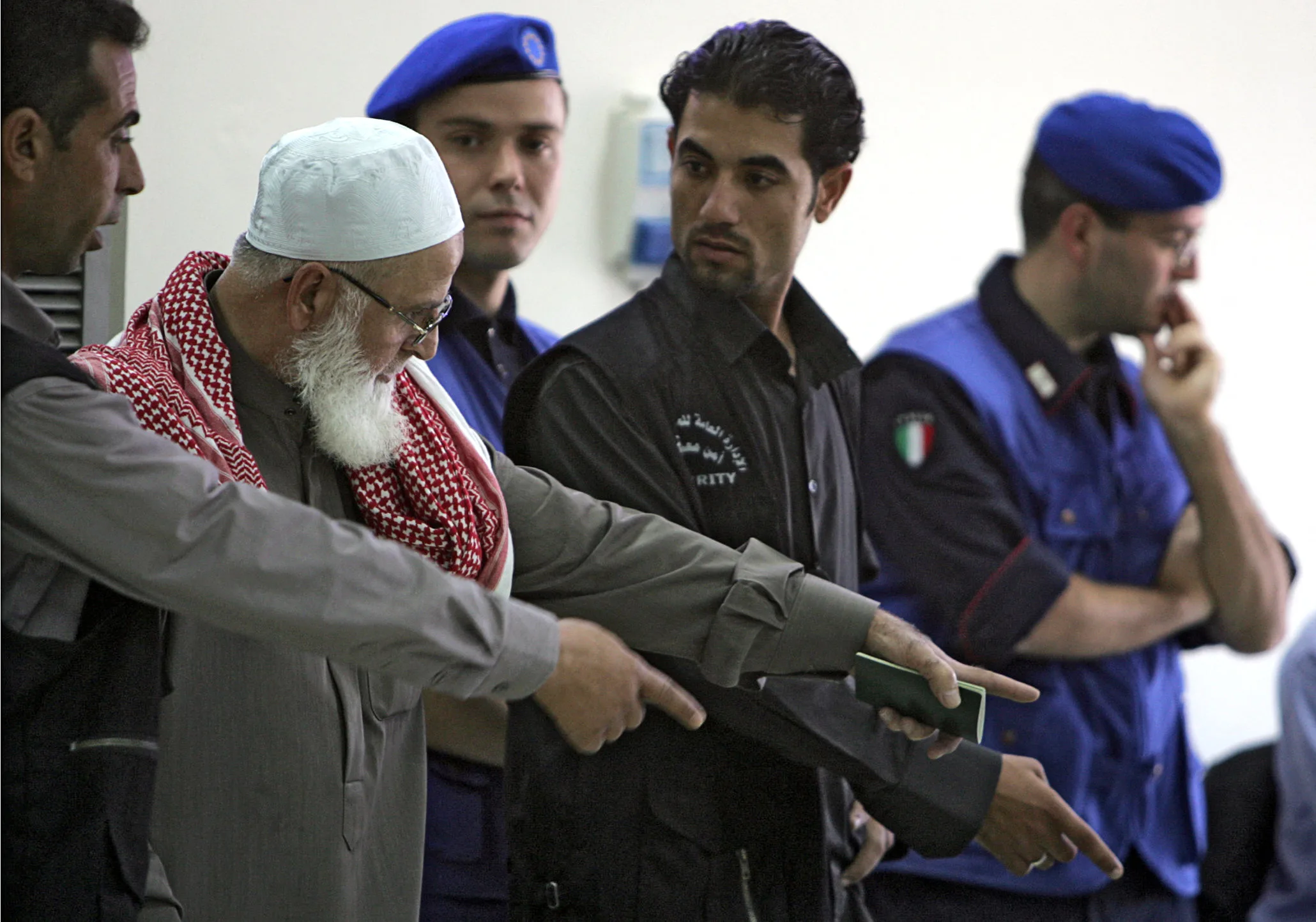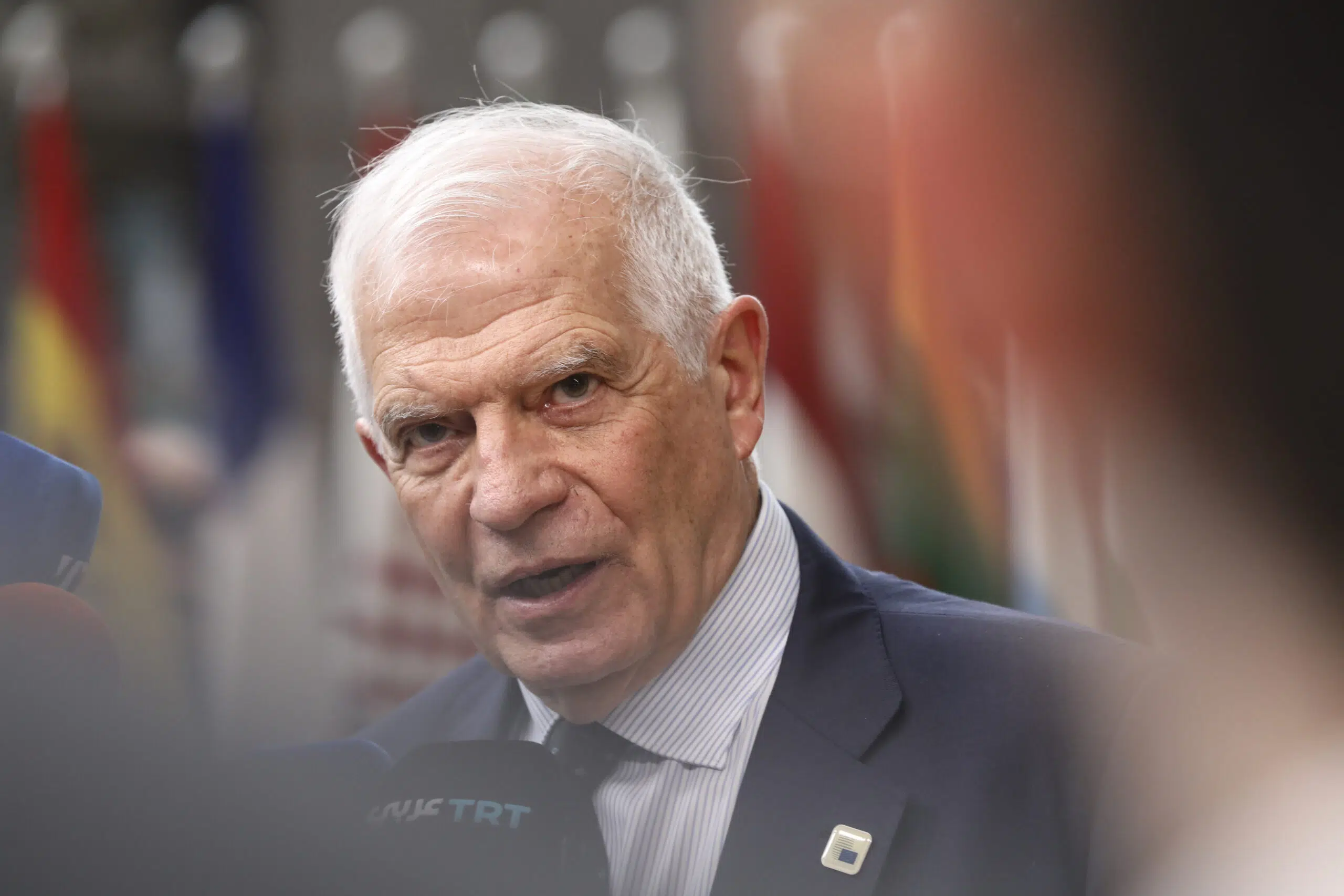Brussels – Talks are underway at various levels to further explore the possibilities of the European Union taking over the management of the passage of goods and people from the Rafah crossing, as it did with EUBAM Rafah from 2005 to 2007. EU mission workers still on the ground are discussing it with Egypt and Israel, and Brussels and Washington are studying its feasibility. A senior EU official confirmed that the ministers of the 27 countries will discuss it at the next Foreign Affairs Council, scheduled for Monday, May 27.
“We are still at a very preliminary stage”, the source quells enthusiasm. But it is true that in recent weeks, the EU “has received requests from several parties, including Israel, to study opportunities to reopen” the mission launched in November 2005, after Israel’s disengagement from Gaza, to ensure a presence as a third party at the Rafah crossing between the Gaza Strip and Egypt and to build trust between the government of Israel and the Palestinian Authority.

A mission that from November 25, 2005, until the last day of EU monitoring, June 9, 2007, according to data recorded by EUBAM, facilitated the crossing of a total of 443,975 people, 229,429 from Gaza into Egyptian territory, 214,117 for the reverse route. The European personnel hurriedly packed their bags on June 13, 2007, just hours before Hamas took control of the city of Rafah and thus inaugurated its government in the Gaza Strip.
Since that day, the EUBAM Rafah mission has been suspended, but it has implemented—through the work of ten international and eight local staff members—a long-term preparedness project with its Palestinian counterparts, namely “capacity-building activities to improve their ability to redeploy at the Rafah crossing when conditions allow“. In June 2023, the EU Council decided to extend the mission by one year, until June 30, 2024, with the possibility of an extension for an additional year and a budget of €2.36 million from July 1, 2023, to June 30, 2024.
That is why, as the situation in the southern part of the Strip has worsened due to the start of Israeli military operations at Rafah and the resulting border closure to humanitarian convoys, regional and international actors have seen the possibility of calling in the EU again. According to the US-based Politico magazine, Biden administration officials have been working behind the scenes for weeks, mediating talks between Israel and Egypt, to find an agreement that would put the European mission in charge of the Rafah crossing and significantly improve the flow of aid into the enclave.

A senior U.S. official reportedly told the American news outlet that—if the ongoing negotiations between Israel and Egypt on reopening the border go well and if the European Union subscribes to the idea—the Rafah crossing “could be opened in the coming weeks”. In Brussels, there is more cautiousness; the stage is precisely still “preliminary”, but reportedly, the EU High Representative for Foreign Affairs, Josep Borrell, may, as early as next Monday, ask the ministers of the 27 countries to give him a mandate to study thoroughly the possibility of reviving the mission.
The urgency to find a solution is clear, and it was underlined once more by the International Court of Justice, which this afternoon ruled for the third time on possible genocide in Gaza and imposed new interim measures on Israel. These include “immediately halting its military offensive and any other actions in the Rafah governorate that may inflict on the Palestinian group in Gaza living conditions such as to cause its physical destruction, in whole or in part”, and “maintaining the Rafah crossing point open for the unimpeded provision of basic services and humanitarian assistance urgently needed”.
English version by the Translation Service of Withub







